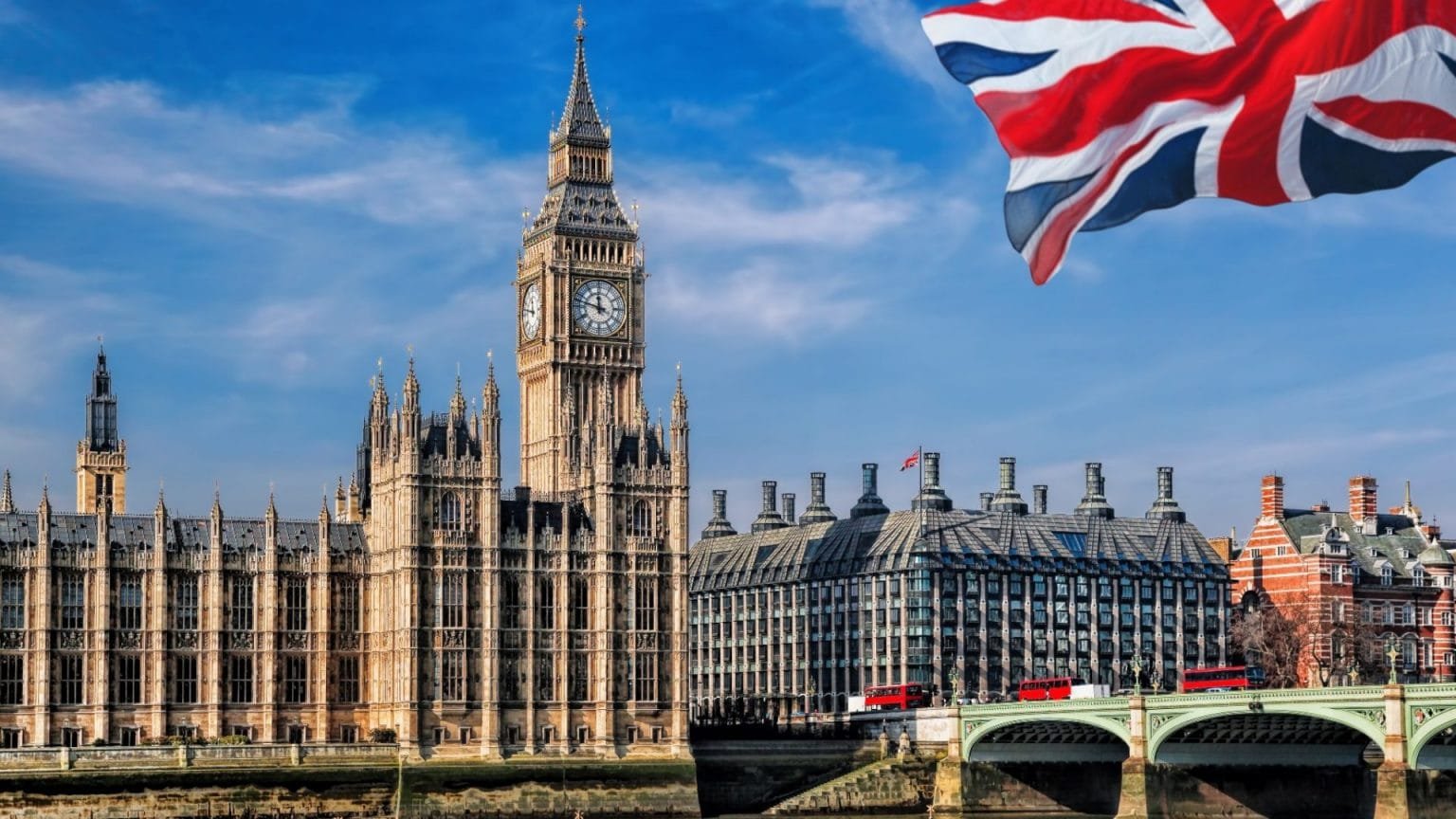LONDON — The UK Government has formally lifted its arms embargo on Armenia and Azerbaijan, declaring that the decades-old restriction is now “obsolete” in light of recent breakthroughs in the South Caucasus peace process. The announcement, made in a written statement to Parliament by Stephen Doughty, UK Minister of State for Europe, North America and Overseas Territories, signals a sharp policy shift toward supporting bilateral strategic cooperation in defence, security, and trade.
The embargo traces back to 1992, when the Organisation for Security and Co-operation in Europe (OSCE) asked member states to ban deliveries of weapons and munitions to forces engaged in combat in the Nagorno-Karabakh conflict region. For more than 30 years, it has constrained the UK’s ability to export military items to either Armenia or Azerbaijan under that framework.
Doughty’s statement pointed to the August 8 trilateral summit in Washington, attended by U.S. President Donald Trump, Azerbaijani President Ilham Aliyev, and Armenian Prime Minister Nikol Pashinyan, where the parties initialed a peace agreement and signed a joint declaration. That summit—along with subsequent diplomatic engagements—has laid the foundation for the UK’s decision.
As part of the policy change, the UK is also upgrading its bilateral relationships with Armenia and Azerbaijan to strategic partnerships in trade, security, and defence. These partnerships will entail closer collaboration and institutional linkages, though the UK retains the condition that any export licence for military or dual-use items will be assessed individually under its Strategic Export Licensing Criteria. Licences will still be refused if they violate those criteria.
The government said it supports the dissolution of the Minsk Group—a body previously central to mediating the Armenia-Azerbaijan conflict—as well as the recently reached consensus to formally dismantle its structures.
Still, UK officials emphasized that lifting the embargo does not mean a free pass. The statement underscores that the regional and internal security situations remain under close review. Any military cooperation will be constrained by licensing rules and the risk of destabilisation.





